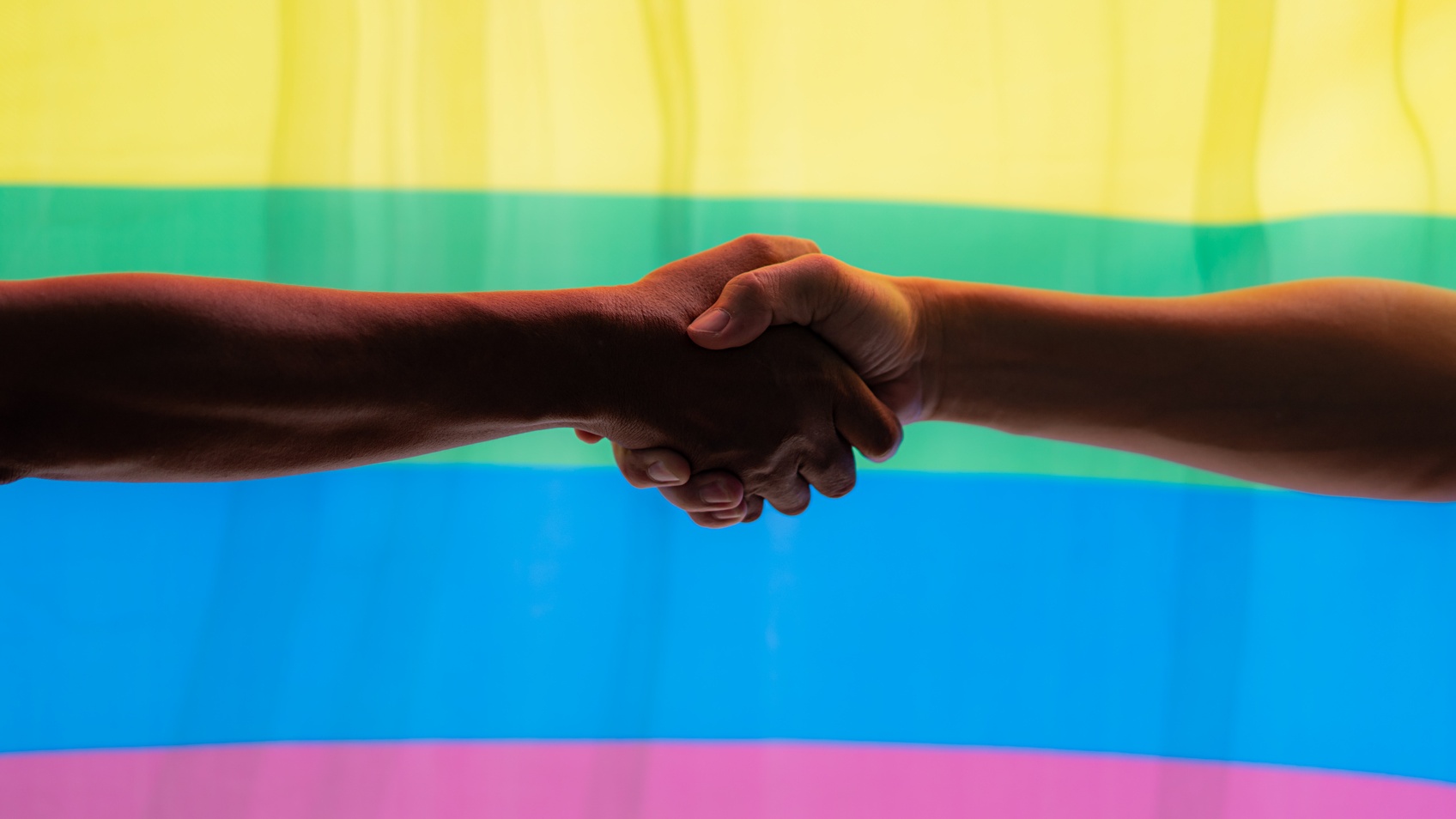This year’s Olympics is going to be one of the queerest games yet with at least 135 publicly out athletes headed to Tokyo at the end of July to compete, according to OutSports.
The number is record-breaking, doubling the amount of openly LGBTQ+ athletes who competed at the 2016 Olympics in Rio de Janeiro, Brazil, and is also higher than the previous summer Olympic games. The outlet calculated 23 LGBTQ+ athletes at the 2012 Olympics in London and 56 in Rio.
Canadian swimmer Markus Thormeyer, who was not public with his sexual orientation when he competed in the 2016 Olympics, said the amount of queer athletes demonstrates how much progress has been made regarding inclusivity in sports.
“Competing at the Olympics as an openly gay athlete is pretty amazing,” Thormeyer told Outsports.
The 23-year-old came out publicly as gay in a 2020 essay for the outlet.
“Being able to compete with the best in the world as my most authentic self at the biggest international multi-sport games shows how far we’ve come on inclusion in sport,” he continued. “I’m hoping that by competing at these Games I can show the LGBTQ community that we do belong and we can achieve anything we put our minds to.”
Team USA ranks No.1 with 30 athletes on the rosters representing the LGBTQ+ community. Britain comes in with the second-highest number at 15, followed by a host of other nations. At least 25 countries have one LGBTQ+ athlete competing in 26 different sports.
Transgender athlete Laurel Hubbard of New Zealand will also be the first transgender person to compete in the Olympics.
"I am grateful and humbled by the kindness and support that has been given to me by so many New Zealanders," Hubbard, who was selected for their women’s weightlifting team, said in a statement issued by the New Zealand Olympic Committee, BBC reported.
Hubbard’s selection has caused quite the controversy, however, with some arguing that a biological male should not be able to compete in the women’s category.
Despite the scrutiny, New Zealand's government and the country's top sporting body have supported Hubbard competing in the Summer Games.
"As well as being among the world's best for her event, Laurel has met the IWF [International Weighlifting Federation] eligibility criteria, including those based on IOC [International Olympic Committe] Consensus Statement guidelines for transgender athletes," New Zealand Olympic Committee chief executive Kereyn Smith said.
"We acknowledge that gender identity in sport is a highly sensitive and complex issue requiring a balance between human rights and fairness on the field of play," she added. "As the New Zealand team, we have a strong culture of 'manaaki' (respect) and inclusion and respect for all."
As Blavity previously reported, transgender track athlete CeCe Telfer was deemed ineligible for the Olympic trials after failing to meet World Athletics’ testosterone level requirements.
